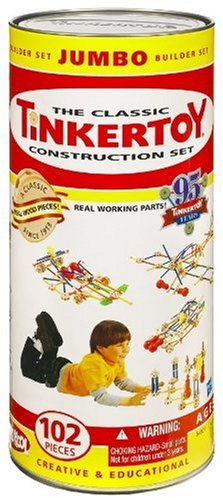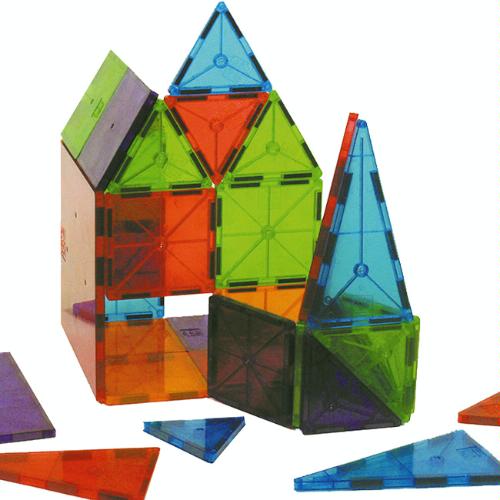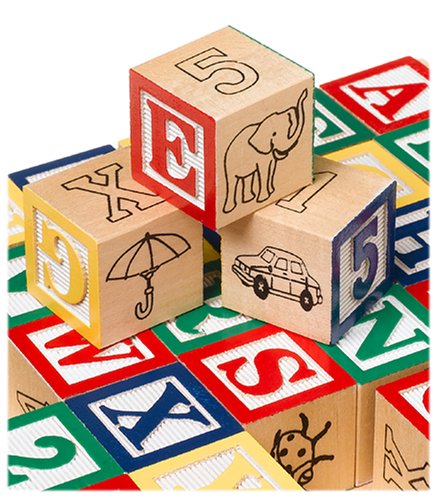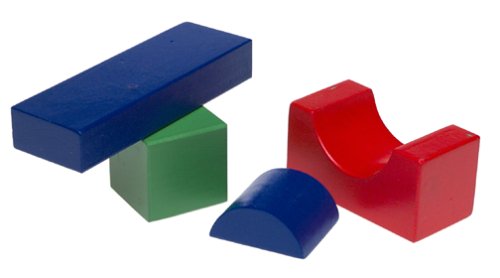1. Listen to music or sing songs together. (Ex. nursery rhymes, bible songs, classical, praise music) Let her move to the music or give her something to shake, like a pair of maracas, or spoons to bang on the floor.
2. Read books before nap time and bedtime. Even just 15 minutes at a time will make her interested in books. As her attention span becomes longer, you can increase the time and frequency. When you read, make it interactive. Ask questions like, “What is the girl doing? Is she playing with her doll?” Even if she can’t always answer, that’s okay. You can volunteer the answers in the beginning but eventually, she will answer and ask questions on her own.
3. Count everything you can. Example: “How many bears do you have?” Then point and count, “1,2,3,4,5…” (ex. steps, items in a room, toys, etc.) I’ve often counted steps or elevator floors with my kids.
4. Introduce concepts like shapes, numbers, letters and identify them in the environment. Play games like “I-Spy…” “I spy a circle!” “Can you see it?” If she doesn’t know it yet, point to it and say, “There’s a circle!” Then follow up with, “Let’s look for more circles,” and repeat the same thing. For letters, show your child how to make the shape of the letters with her body, cereal, or Playdough. You can also take a tray and pour a layer of salt or flower on it and write letters with your finger. They can also do it when they are a little more coordinated. (I got this idea from a book about the Montessori Method)
5. Introduce phonetic sounds of letters and identify words or objects that begin with each phonetic sound. Example: “This is the letter A. Letter A makes the sound A-A. Let’s look for things that begin with the sound A-A. Here’s an apple! A-A, Apple! What else? Oh! I see an ant! A-A ant.” If you do this regularly, she will make the eventually make the connection. Learning phonetics is always more challenging, but a great free website which my kids have loved is Starfall .
6. Have playtime outdoors. Kids need sunlight to absorb calcium and to keep from getting sick. And being outdoors will help them to develop good vision and eyesight. (This is scientific! Our eye-doctor said so.) If they are constantly at a screen, watching TV, or on the computer, or often doing near-sighted activities, they don’t train their eyes to look far off into the distance like they would while playing outside. So get them outdoors.
7. For the more coordinated toddler, you can include learning how to clean and do chores. They actually enjoy mopping, sweeping, using sponges to clean walls, etc. Even if they aren’t actually getting any cleaning done, exposing them to these tools will help train them.
8. Dialogue with your child. Don’t use baby-talk. A child will adjust and pick up on language better if you speak to her properly and have conversations with her (even if they don’t seem to understand everything at first). Get her to see the connection between words and meaning. My 11 month old has babbled words like daddy, mommy, and an important word my husband and I are teaching her is, “up.” Instead of fussing when she wants to be carried, we say, “Do you want to be carried? Up? Say, ‘up’.” When she says anything remotely close to that word, that’s when we pick her up. Her “up” is beginning to actually sound more and more like the actually word these days.
When babies or little children begin to realize that words allow them to communicate what they want to others, it makes them more motivated. We’ve seen this happen with all four of our kids. Not all of them picked up words as early as our first (8 months), but through repetition and consistency, they eventually got it. Don’t fall into the whining trap — letting our kids whine and guessing what they are whining about, and then offering it to them without encouraging them to put effort into verbally expressing themselves.
9. Give them toys that encourage them to explore, create, and build. Engage them in activities that allow them to develop their fine and gross motor skills, and their sense of sight, touch, hearing, smelling, tasting. Avoid toys that always need batteries because these tend to provide entertainment and stimulation but not invention or creativity.


10. Don’t over-schedule or overstimulate. While routine is important, and a class here and there can be beneficial, over-scheduled children turn out to be stressed adults. Little kids don’t need music class plus movement class plus swimming class plus art class and three other classes. They DO need lots of hugs, affirmation, time with you, and your prayers.



